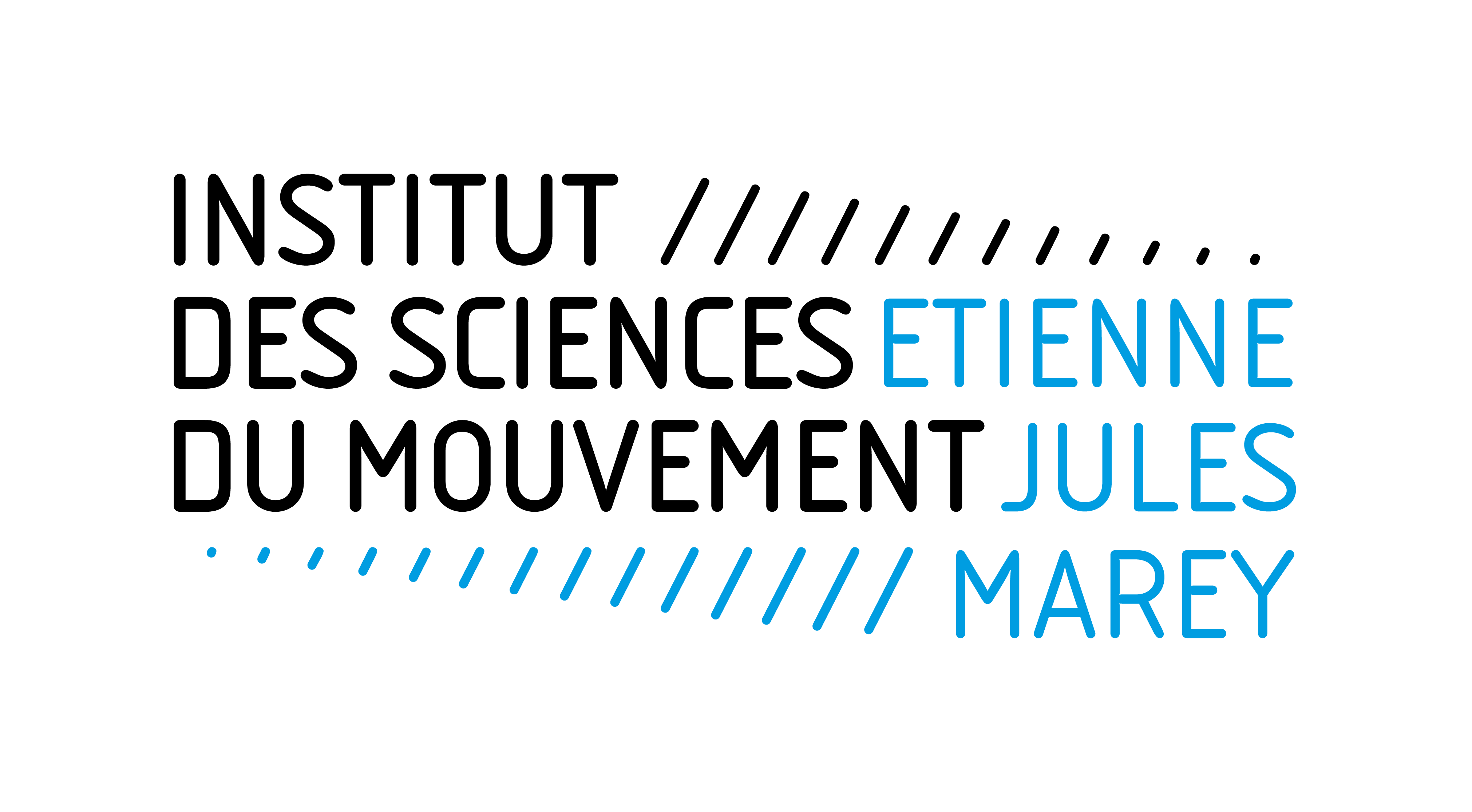4 avr 2024
12:00 à 14:00
Behavioral, Neuropsychological, and Computational Perspectives on Sensorimotor Learning (Salle des thèses FSS)
Jonathan Xiao Tsay (Carnegie Mellon, USA) invité par F. Sarlegna
Abstract:
Humans are remarkably adept at learning to use their bodies in a coordinated manner. Understanding how we acquire, adapt, and retain motor skills is one of the principal goals of cognitive neuroscience and remains a defining challenge for robotics and clinical rehabilitation. While it is well established that sensorimotor learning entails multiple implicit and explicit processes, the underlying computations and neural substrates governing these processes remain poorly understood. Drawing on my research ranging from fine-grain sensorimotor psychophysics to large-scale crowdsourced datasets (test yourself here: multiclamp-c2.web.app), I will highlight core neuropsychological constraints and novel computational insights into sensorimotor learning. This body of work offers a fresh perspective regarding the cerebellum’s role in cognition and action and has motivated a new hypothesis concerning how the cerebellum coordinates both our physical and mental kinematics.
Bio: I am an incoming assistant professor of psychology at Carnegie Mellon University (Sep 2024). I have a background in theoretical mathematics (B.A. from Northwestern University), physical rehabilitation (D.P.T. from Northwestern University's Feinberg School of Medicine), and cognitive neuroscience (Ph.D. from UC Berkeley). Our lab's mission is to understand how humans master a near-limitless repertoire of movements, from brewing coffee to parallel parking. To achieve this, we will use a wide range of methods like computational modelling, psychophysics, patient testing, and neuroimaging. We expect our findings to not only generate new insights into learning and memory but also optimize rehabilitation and improve human performance.

